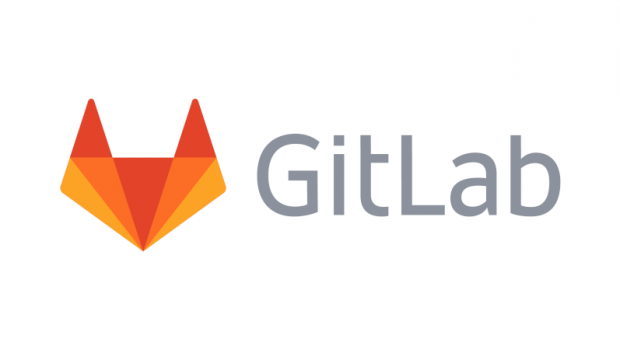GitLab introduces new cybersecurity and AI development features
GitLab Inc. today introduced a new release of its software development platform with features that will help companies improve their cybersecurity, build machine learning applications and more easily troubleshoot errors.
The new features will roll out gradually. Some are launching today, while others will become available over the next year.
GitLab provides a popular platform that companies use to manage their software development projects. Originally, the platform focused mainly on helping developers manage the code files that comprise an application. Over the years, GitLab added features to automate numerous related tasks such as testing code for security vulnerabilities, deploying software to production and detecting application errors.
GitLab went public last October. The company counts numerous large enterprises among its customers including Nvidia Corp., Siemens AG and others.
The new platform release that GitLab announced today will enhance the company’s value proposition in several areas. One particularly central focus of the update is cybersecurity.
Companies use a method known as dynamic application security testing, or DAST, to scan their applications for vulnerabilities. The method involves launching simulated cyberattacks against an application to determine if it may be vulnerable to hacking. GitLab is replacing the open-source DAST tools that its platform has used for the task so far with a proprietary engine designed to provide better performance and more configuration options.
GitLab is also adding several other cybersecurity features. The company is rolling out a feature that can automatically generate a list of all the software components in an application, which will ease cybersecurity evaluations. Additionally, GitLab will enable developers to host the code that they produce as part of a software development project in a secure cloud environment instead of on a local computer to reduce the risk of cyberattacks.
A growing number of enterprise applications use machine learning models to power their features. With its newly announced platform updates, GitLab intends to more directly address this use case.
GitLab plans to roll out a tool that will enable developers to create different versions of a machine learning model, compare them and determine which is most effective. Another upcoming feature will ease the task of managing the datasets that a software team uses to train neural networks. The feature can help move training data from external systems to GitLab’s platform.
“In today’s highly competitive landscape, organizations are under more pressure than ever to deliver software faster and more securely,” said David DeSanto, the vice president of product at GitLab. “GitLab solves this problem with The One DevOps Platform. Organizations can do away with their do-it-yourself (DIY) DevOps toolchains.”
Some of the features in the new release of GitLab’s platform build on technology that it obtained through the acquisition of startup Opstrace Inc. last year. Opstrace created an open-source tool that can be used to troubleshoot application errors. GitLab is adding new features that will enable developers to more easily analyze different types of error data, including metrics, logs, and traces, as part of troubleshooting efforts.
GitLab is also rolling out a raft of other features as part of the release. Some of the new features are designed to ease software bug detection and other common chores, while other additions focus on more specialized tasks such as ensuring that an application project complies with a company’s internal cybersecurity best practices.








Gloss